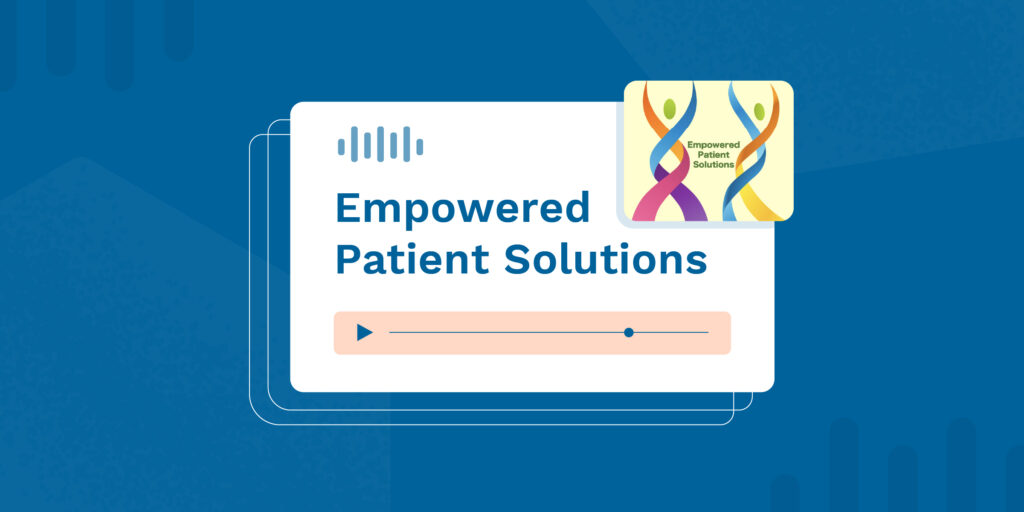The use of electronic health records (EHR) has become a critical issue in healthcare as a result of Meaningful Use requirements. At the end of 2015, Health IT reported that 76% of office-based physicians were using an EHR, while 78% of those EHRs were certified.
Some solutions are cumbersome to navigate, leaving it difficult to effectively document a patient progress note if the system is not tailored to the specific needs of the provider. Some systems can burn a hole in your pocket and offer so much functionality that the user becomes frustrated because it slows them down. Even specialty-specific EHRs can be missing core functionality for one type of practice while they have too much functionality for another. The key is to find an affordable EHR that offers all the right tools, with extra bells and whistles that can be leveraged based on the user’s workflow.
Here are the top necessities in any quality EHR software:
Specialty-Specific Progress Notes
The option to have a variety of templates at your fingertips gives the provider complete control. They can then add certain templates to a favorites list to quickly create a progress note.
Customizable Functionality
The EHR should be 100% adapted to the user. If a practice doesn’t utilize electronic lab connectivity, they should have the flexibility to remove it from their account’s menu. If they want to add referrals, for example, they should be able to add that functionality. This allows the user to easily build out their EHR very quickly. If, at a later time, they wish to add labs they can quickly do so!
Exportable Reports
The EHR is the backbone of practices, so the practice needs to be able to run reports through advanced searches and filter options. If you are participating in an incentive program, it’s important to have reporting functionality to capture clinical data and health information. Reports such as Patient Lists, Prescriptions, and Chart Notes are additional reports that are most helpful.
E-Prescribing
If you’re a prescribing physician, it’s important that your EHR is certified by Surescripts for digital medication management and Electronic Prescribing or E-Prescribing. Whether you’re a pharmacy or a prescribing practice, make sure your solution is EPCS-certified and connected to your state’s PMP/PDMP database to keep up to date on state-level requirements for prescribing for II-V controlled substance prescriptions.




